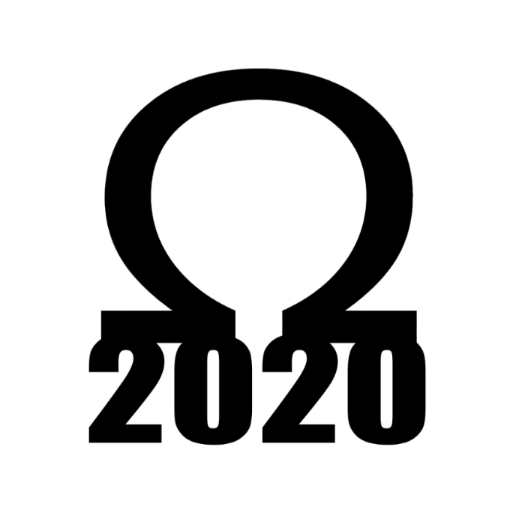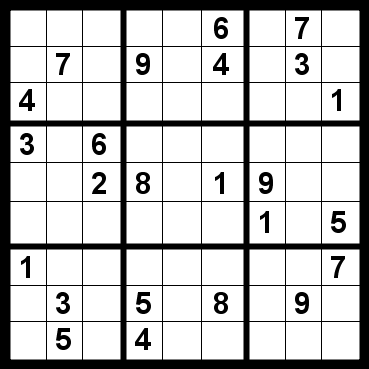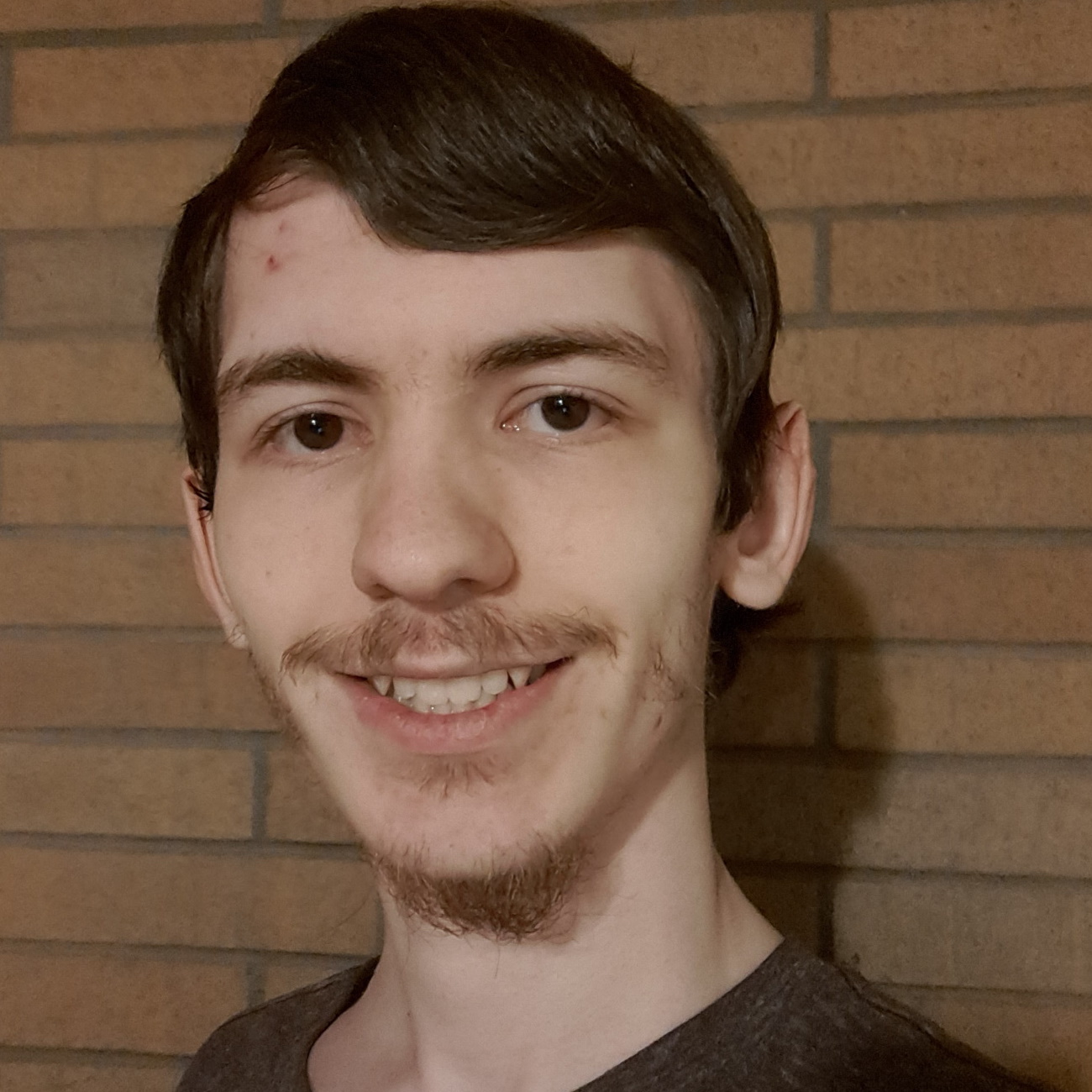Omega2020 is a Sudoku project I participated in the creation of! You can check out the current version of the project sudomega.com. (As this is an ongoing project that is handled by rotating teams, the version of the product I worked on may not reflect the current version. Also, the website may or may not be up due to this.)

What is Sudoku?
Sudoku is a logic game in which each row, column, and house must only contain the numbers 1-9 without any repeats.

The user is given a few numbers to start with. You must then use logic to solve all of the empty cells without repeating a number in either row, column, or house.
What is Omega2020?
Omega2020 is the name of a sudoku group project. Omega2020 is an ongoing project that cycles through different teams. Each team contributes new additions and fixes before passing the project on to another team. Teams consist of 2 groups: the web team, which breaks down further into the front-end group and the back-end group, and the data scientists.
Our goal is to create a smart, user-friendly program that allows players to play and learn Sudoku. Our website, sudomega.com, has several features to enhance the user’s experience. Not only can you play on the standard 9x9 Sudoku grids, but we’ve added 4x4 and 6x6 puzzles as well! Our database also includes 12x12 and 16x16 puzzles, but those have not been fully implimented into the product during my team’s time working on this project. Our Sudoku puzzles include a number pad with which you can use to fill in numbers if you don’t want to use your keyboard. A very cool feature that our product has is image recognition. Users can upload an image of a Sudoku puzzle and our product can reproduce the puzzle on our website for the user to solve. Even if the puzzle isn’t in our database, our custom solver will automatically solve the puzzle if the user wishes to receive a hint.
What we’ve done
Before my team got their hands on the project, the previous team had already gotten a good amount of work done on the project. The project was started from scratch, so they created the game’s logic, designed a simple solver, created a database for 9x9 puzzles, incorperated image recognition, secure a domain for the website, and build a simple version of the site. Our team decided that we would redesign the landing site, introduce instructions and tutorials, difficulty levels, 4x4 and 6x6 grids, a better solver, an archive page, add sharing features, and design a leaderboard.
Contributors
The Omega2020 project consists of several teams who rotate in to temporaraly work on the project for a few months, then leave it behind for another team to pick up where the previous team left off. I’ll be showcasing the team that I had the pleasure to work with below as well as what each team had accomplished.
Web Team
The web team is split into two groups. The front-end and back-end teams.
Before adding any new features to the project, the web team decided to redisign the simple landing page and make it look more like a fleshed out website. Coming from a white page with a Sudoku puzzle, the page now features a darker color scheme and a layout that allows the expantion for more pages. Users can now explore the website and find instructions, tutorials, contributors, leaderboards, upload images, and play Sudoku on 4x4, 6x6, and 9x9 boards. When playing Sudoku puzzles, users are now able to select a difficulty and size of the puzzle.
Front-end
You can check out the github repository for the front-end side of the project here
Meet the front-end team!
| Jessica Dosseh | Alexis Anderson | Vincent Adeniji |
|---|---|---|
| |
|
|
The front end team is responsible for managing what the user sees on the website. This includes the page layout, links, images, and overall presentation.
Back-end
You can check out the github repository for the back-end side of the project here
Meet the back-end team!
| Carlos Turcios | Tara Sherman |
|---|---|
| |
|
The back-end team is responsible for managing the parts of the website that the user doesn’t see. They work closly with the data science team in order to connect to the database which is hosted on AWS.
Data Scientists
You can check out the github repository for the data science side of the project here
Upon beginning the project, we discovered that the upload route was down and needed to be fixed in order to get the website running. We ended up using AWS to host the website. With the website working again, we started to increase the functionality of the project. We started to add 4x4 and 6x6 puzzles into the project. We’ve built some datasets containing puzzles for 4x4 and 6x6 puzzles. We’ve also built datasets for 12x12 and 16x16 puzzles, but those will have to be fully implimented by a future team. Now that more puzzle dimentions exist, we had to update our AI so that our custom solver and image recognition will work with other dimensions. The solver we have was pretty simple and we wanted to improve it. We manually programed various solving techniques into our solver ai so that it will be able to solve more complicated puzzles. Lastly, we added a fuction that will map solution paths. Now we can track the path the solver uses to complete the puzzle, which is information we can use to, for instance, provide better hints when the user needs help.
Meet the data science team!
| Stephen Plainte | Ivan Santos | Brandon Bruce | Marvin Davila |
|---|---|---|---|
 |
|||
| |
|
|
|
The data science team is in charge of maintaining the database, functionality, and implimenting new functionality into the project.